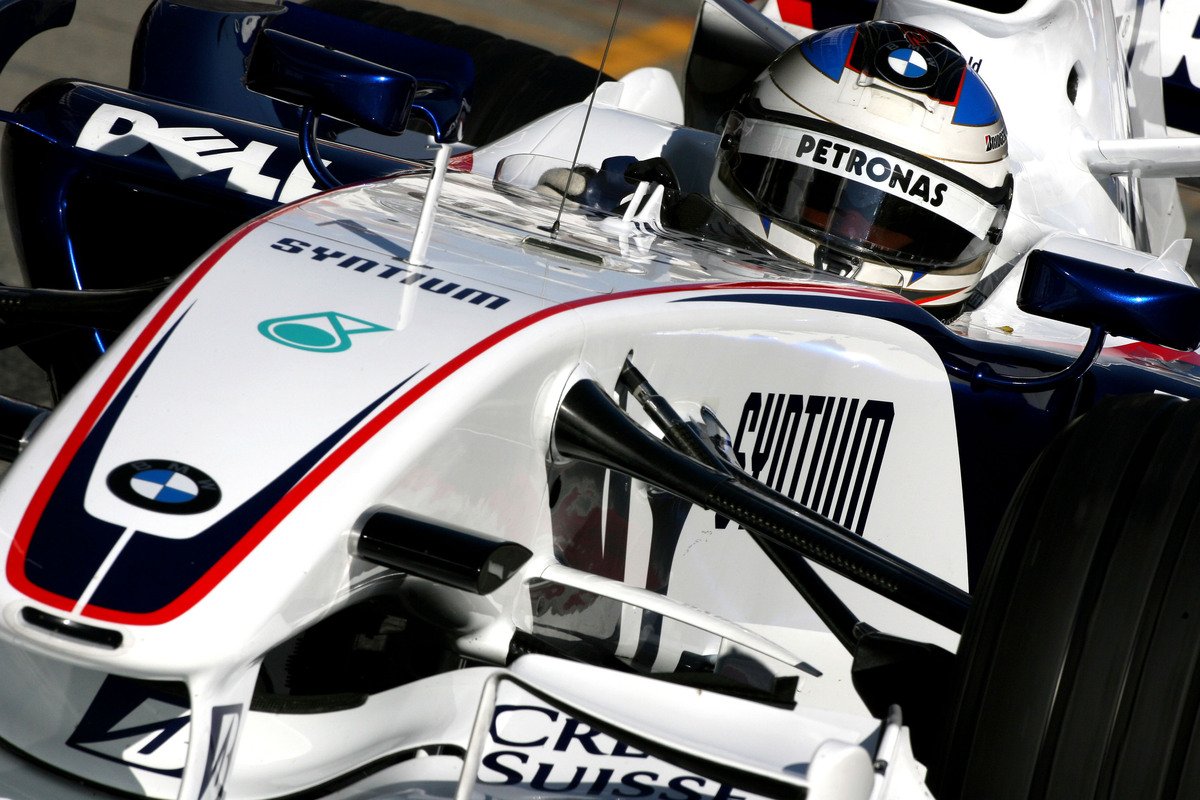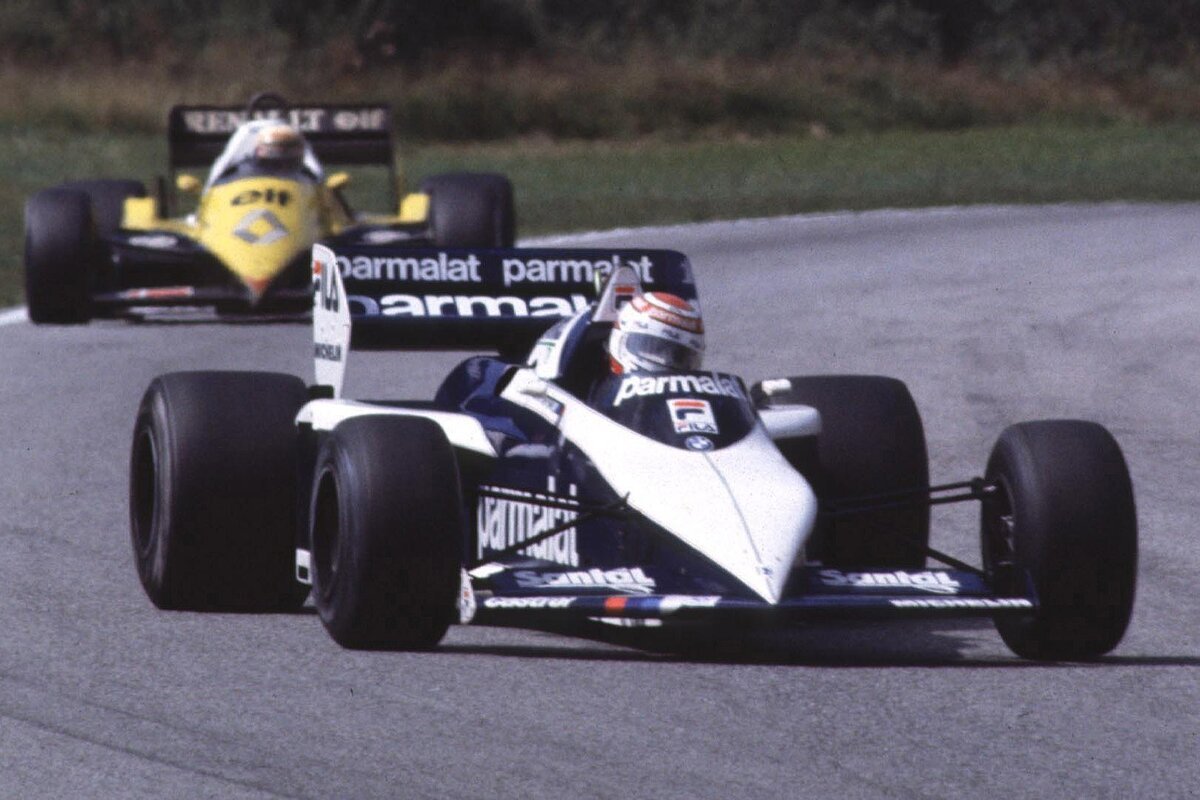

F1 is finalising new power unit regulations for its next generation, set to come into force in 2026.
That will see cars maintain a 1.6-litre six-cylinder hybrid combustion engine connected to a hybrid system, each producing around 500bhp.
The world championship is also in the process of developing a sustainable fuel.
It’s an approach that has tempted Audi into F1 and has seen Honda reverse its decision to leave.
Ford too has announced its involvement in conjunction with Red Bull Powertrains, while General Motors registered as a power unit supplier with Cadillac off the back of the new rules.
BMW, however, is not convinced.
“For sure, Formula 1 is always interesting, but for us as a brand at the moment, it’s not on the radar, or it’s not in the right window, let’s say, for us where we would say we want to participate,” Roos said when asked by Speedcafe.
“At the moment, the plan in Formula 1 is to come in 2026 with a combustion engine with a hybrid system, which you seen on the road cars in several years.
“So it’s not really a new technology or something where we think this is very interesting.”
BMW has a deep involvement in sportscar racing, with entries in the World Endurance Championship in Hypercar and the GT3 classes.
It is the former that is arguably what is keeping the Bavarian brand from Formula 1 as it reasons the forthcoming regulations for 2026 do not offer a sufficient point of difference to change tack.
“When we are honest, I mean, the hybrid cars we run already in the World Endurance Championship, also with sustainable fuel,” Roos explained.
“I mean, the fuel we run in the WEC championship is also 100 percent sustainable, and I think 60 percent Co2 neutral with the focus to go even more.
“If this is what Formula 1 brings in 2026, we basically run already in the WEC championship in terms of technology.”
That is not the case of all OEMs and Ford in particular has identified the transfer of technology as a key part of its involvement.
That does not necessarily centre on the hybrid unit itself, for which the US giant is assisting with battery development, but to testing and diagnostic technologies and aerodynamic expertise that can feed back into its road car operations.
BMW does not view F1 the same way.
“Formula 1 is a purely technology-driven formula, and there, for us, it has to be clearly something where we say ‘oh yeah, that’s something where we see ourselves, where we see the technology going, and where it’s very interesting for us to develop the technology’,” Roos outlined.
“And this we don’t see at the moment and this is why, at the moment, Formula 1 is not for us on the radar.”
BMW has previously competed in F1 in both official and unofficial capacities.
Its engines graced the grids during the 1950s and 1960s before it partnered with the Bernie Ecclestone-led Brabham team in the early 1980s, most notably with the iconic BT52, which delivered Nelson Piquet the 1983 world championship.
Following a period away from the sport’s pinnacle, it returned as an engine supplier to Williams in 2000 before acquiring the Sauber team in mid-2005, rebranding the operation in its image.
BMW left the F1 grid at the end of 2009.




















Discussion about this post